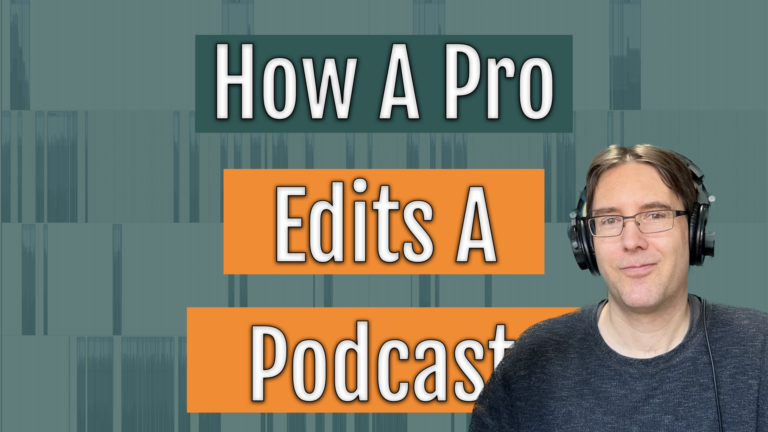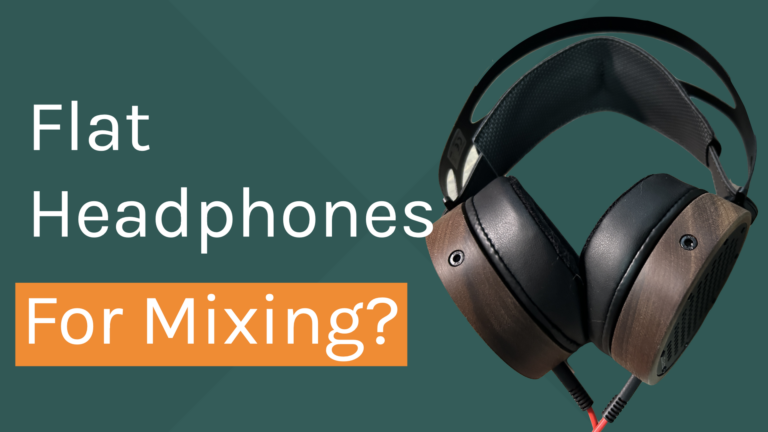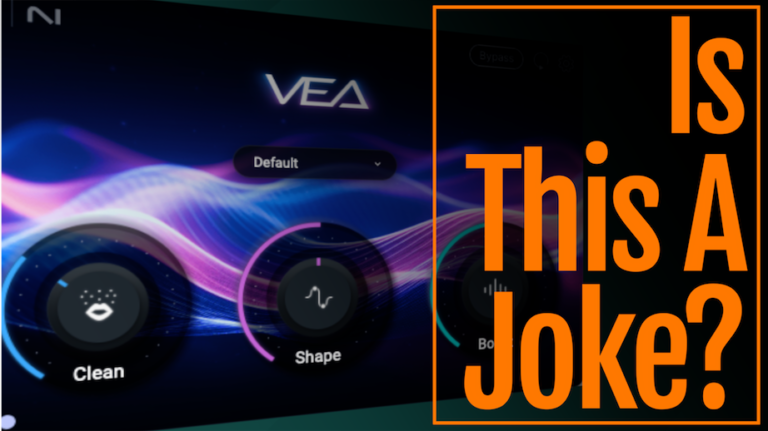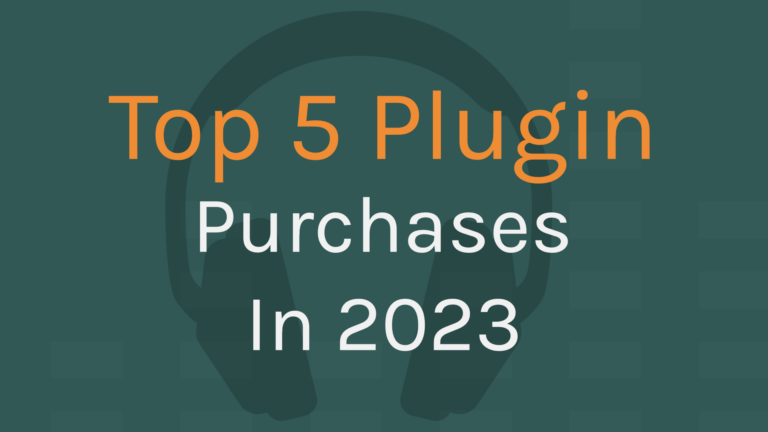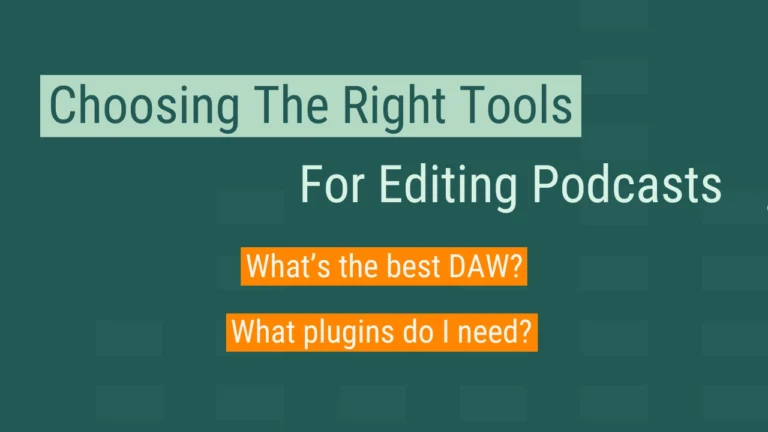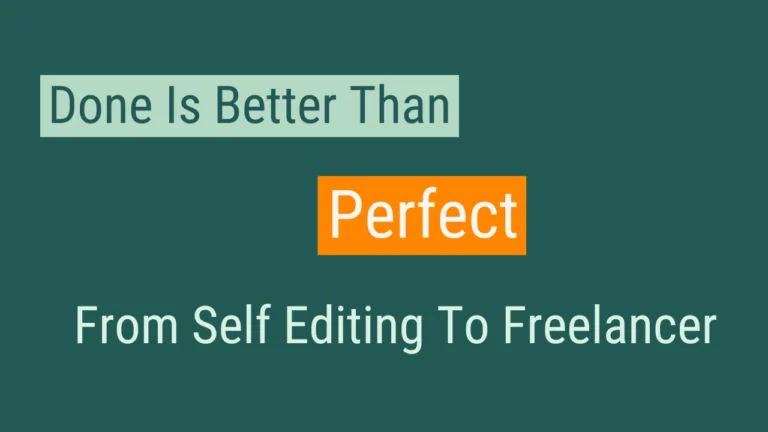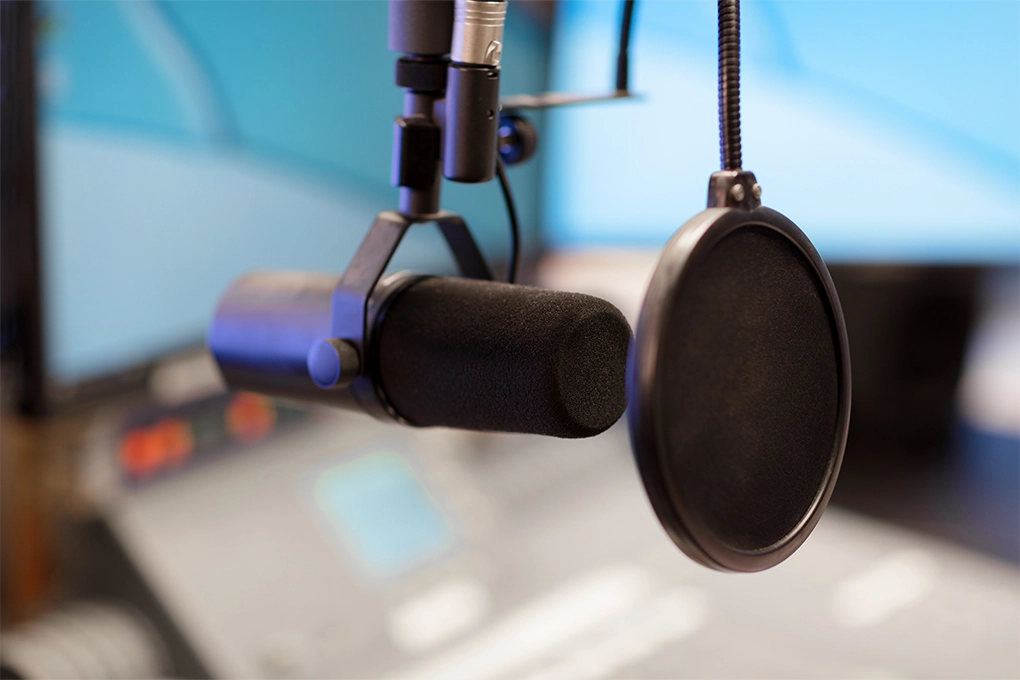
As a podcaster, creating high-quality content is crucial for engaging your audience and keeping them coming back for more. Editing your own audio can be a time-consuming and challenging task, but hiring a professional podcast editor can help you save time and improve the quality of your podcast. In this post, we’ll discuss:
- The benefits of hiring a podcast editor
- How to find and hire a podcast editor
- What questions to ask a potential editor
- How a podcast editor can save you time and money
- Should learn to edit it yourself.
Benefits of Editing a Podcast
Hiring a professional podcast editor has several benefits, including:
Improved audio quality:
A professional podcast editor can help to improve the overall quality of your audio, removing background noise, reducing reverb, and enhancing the clarity of your voice.
More polished content:
A podcast editor can help to tighten up your content, removing mistakes and long pauses, and ensuring that your message is delivered clearly and effectively.
Increased engagement:
By improving the quality and polish of your podcast, you can engage your audience more effectively and build a loyal audience.
Should You Edit It Yourself?
Learning to edit a podcast can take some time, especially if you’re new to audio editing software. However, with practice and dedication, you can become proficient at editing and produce high-quality podcasts. With newer tools text-based editing tools like Descript, it’s becoming easier than ever to edit your own podcasts.
While text-based editors make it easy to edit audio from the transcript, the edits can be rougher and need some babysitting to get the best results. Some listeners won’t be bothered by the choppy edits, but some may find them to be a distraction and turn off your show.
If you want to go the old-school route, learning and becoming good at editing will depend on your skill level, the complexity of the editing software, and the amount of time you can devote to learning.
If you are new to audio editing, it may take several weeks or even months to become proficient in the basics of editing a podcast. This includes learning how to cut out mistakes, reduce background noise, adjust levels, and add effects such as music and sound effects. During this time, you may need to experiment with different editing techniques and workflows to find what works best for you.
However, becoming truly good at editing a podcast can take much longer. It can take years of practice and experience to develop a keen ear for audio editing, and to know how to create a polished, professional-sounding podcast. Even experienced audio editors can continue to refine their skills and techniques over time.
The learning process is ongoing, and you will likely continue to learn and improve your skills as you edit more podcasts. To accelerate your learning and development, it can be helpful to seek feedback from others, watch tutorials, and learn from experienced audio editors. I’m still learning after years of editing and decades of working with audio.
Do you want to learn more about podcast editing?
Podcast Editing School
Equipment and Software Needed for Editing a Podcast
To edit a podcast, you’ll need the following equipment and software:
- A computer with enough processing power and storage capacity to handle audio files and editing software.
- Audio editing software, such as Adobe Audition, Audacity, Reaper or Hindenburg. You may also need additional software or plugins for noise reduction, compression, eq, de-ess, and limiting.
- Headphones to monitor the audio.
Saving Time with a Podcast Editor
Hiring a podcast editor can actually save you time and increase your monetization in the long run. Here’s how:
Time:
Editing a podcast can be time-consuming, especially if you’re not experienced with audio editing software. Software like Audacity might be free, but it comes with a learning curve. By hiring a professional editor, you can free up your time to focus on other aspects of your podcast.
Efficiency:
A professional podcast editor can work more quickly and efficiently than you can. This can help streamline your workflow so you can put more focus and effort into your content without learning the ins and outs of podcast editing.
Quality:
A high-quality podcast is more likely to attract and retain listeners, which can ultimately lead to more revenue and opportunities for monetization.
Focus:
By outsourcing the editing process, you can free up your time to focus on other aspects of your podcast, such as creating content or promoting your show.
How to Find and Hire an Editor
Finding and hiring the right podcast editor can take some time and effort, but it’s worth it to find the right person for the job. Here are some steps to follow:
Define your needs:
Before you start looking for an editor, think about what you need help with.
- Is your show audio-only or video? Not all audio editors can edit video and not all video editors are skilled at cleaning up audio, so it’s important to find out the experience level of every editor you talk to.
- Do you need someone to handle only the editing or someone who can help out with other tasks like show notes, social media assets, and management? Again, it’s important to really dig down on this because many podcast managers and editors rely heavily on AI tools to compensate for lack of expertise in certain areas.
- Do you need someone with experience in your specific niche or topic area? There is a benefit to hiring someone who is familiar with your needs. If you have a branded show, you might not want to hire an editor whose experience lies with hobby podcasts.
Ask for referrals:
Ask other podcasters in your network if they have any recommendations for editors. You can also look for recommendations on social media or podcasting forums, but be careful because you will likely be bombarded by dozens to hundreds of editors wanting your business. This can often become overwhelming and the quality of editors that respond tends to be lower.
Check out portfolios and samples:
Before hiring an editor, ask to see their portfolio or listen to samples of their work. This will give you an idea of their style and whether it matches with what you’re looking for. Keep in mind that quality starts with the recording process and most editors don’t have much control over that. However, a good editor will have a better sounding portfolio because they can guide the clients on how to get better sounding recordings.
Schedule a Call:
Once you’ve identified some potential editors, schedule a call to discuss your needs and see if you’re a good fit for each other. This is also a good time to ask questions and get a sense of the editor’s communication style. Be upfront with the editor about your budget so the two of you don’t waste each other’s time if you aren’t in the same price range.
Review contracts and pricing:
Before hiring an editor, make sure you review their contracts and pricing structure. Understand what services are included and what the timeline and payment terms are. Most frustrations stem fro not understanding the scope of work, timelines, turnaround time, or expectations.
Questions to Ask a Potential Editor
When interviewing potential podcast editors, there are several questions you should ask to ensure that they’re a good fit for your needs:
- What experience do you have with podcast editing, and can you provide references?
- What software and equipment do you use?
- What is your process for editing a podcast, and what tasks are included in your services?
- Do you use any AI products or services?
- If they do, ask what they use them for.
- What is your turnaround time, and how many rounds of revisions are included in your pricing?
- What other services do you offer?
By asking these questions, you can ensure that the editor you hire has the skills, experience, and tools necessary to meet your needs and create high-quality content for your podcast. However, a good editor will likely cover most of these themselves.
Conclusion
Hiring a podcast editor can help you to create high-quality content, engage your audience, and save time and money in the long run. By defining your needs, asking the right questions, and finding the right editor for your podcast, you can take your show to the next level and achieve greater success. With the right equipment and software, dedication, and practice, you can also learn to edit your podcast and produce high-quality audio content that your audience will love.

